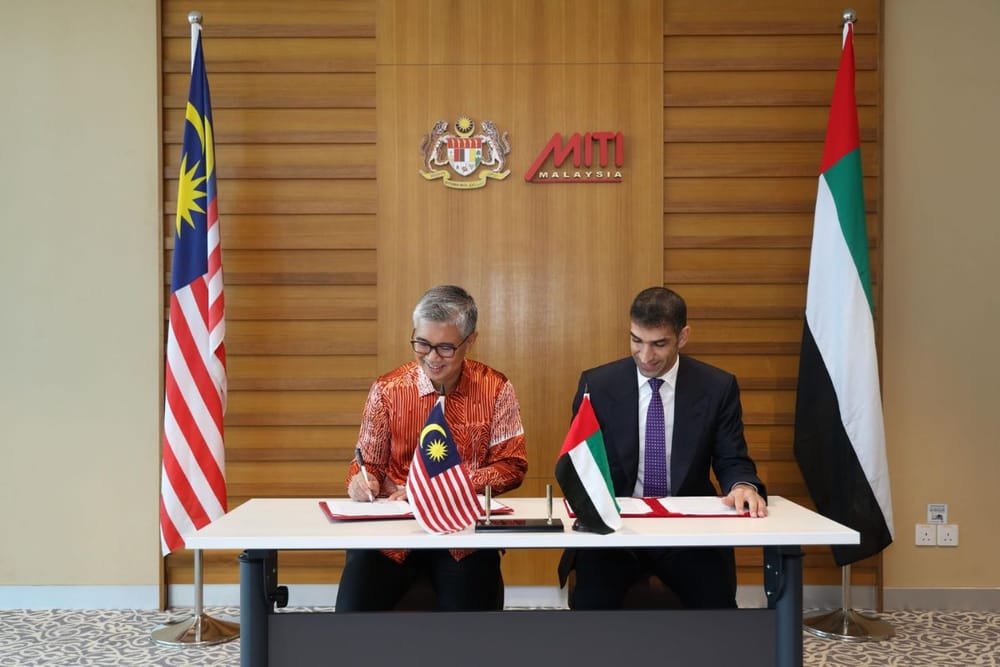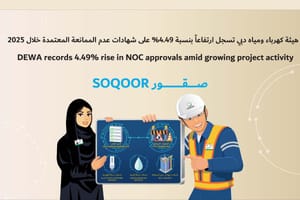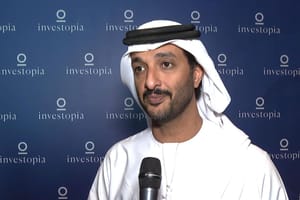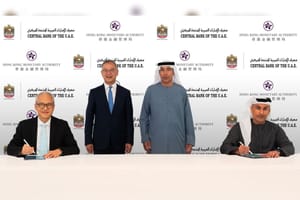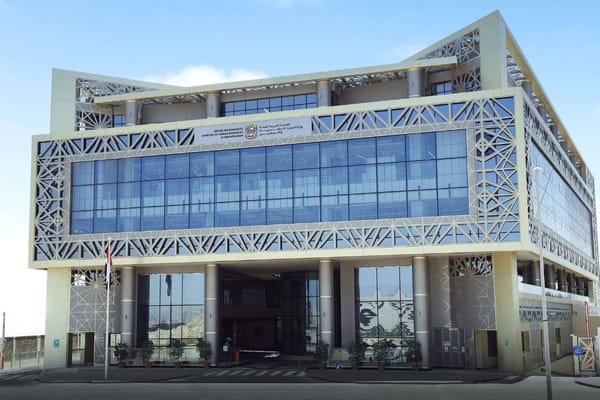The UAE and Malaysia have successfully concluded negotiations for a Comprehensive Economic Partnership Agreement (CEPA), aiming to enhance bilateral trade, reduce tariffs, and foster greater private-sector collaboration.
The agreement, confirmed by Dr. Thani bin Ahmed Al Zeyoudi, UAE Minister of State for Foreign Trade, and Zafrul Aziz, Malaysia’s Minister of Investment, Trade, and Industry, marks a significant milestone in the economic relations between the two nations.
In 2023, bilateral non-oil trade between the UAE and Malaysia exceeded US$4.9 billion, and in the first half of 2024 alone, trade reached US$2.5 billion, a 7% year-on-year increase. Malaysia currently ranks as the UAE’s 12th-largest Asian trading partner, and fifth within the ASEAN bloc. In return, the UAE is Malaysia’s second-largest trade partner in the Arab world, accounting for 32% of Malaysia’s trade with the region.
Al Zeyoudi emphasized the CEPA’s importance, stating,
“This agreement reflects the UAE's commitment to expanding global trade relations and fostering sustainable economic growth."
He highlighted Malaysia's role as a strategic trade partner, particularly in sectors such as energy, logistics, and manufacturing.
Zafrul Aziz hailed the CEPA as Malaysia’s first Free Trade Agreement with a GCC nation, describing it as a pivotal step in boosting Malaysian exports.
"The CEPA will open new markets for Malaysian goods and provide UAE-based companies access to ASEAN,"
he said.
The UAE’s CEPA program, which aims to expand non-oil foreign trade to AED4 trillion, has already led to successful agreements with Indonesia and Cambodia, further strengthening ties with the ASEAN region.
News Source: Emirates News Agency
